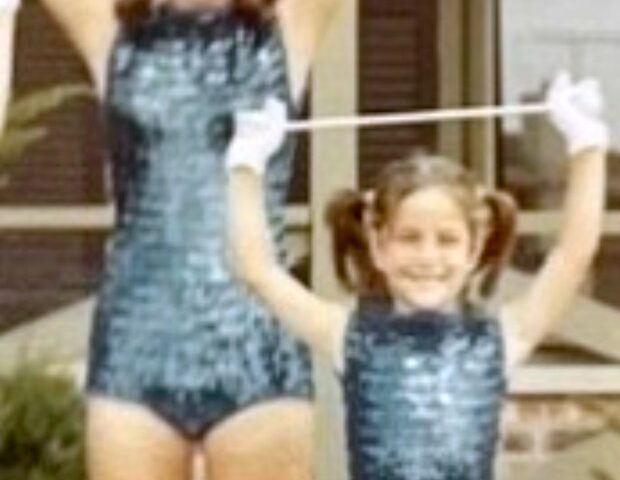Studs Terkel. It’s a big name with a huge past. Terkel left us in 2008 at the age of 96 but left behind accolades that abide today.
The latest Terkel homage is a podcast series launched last month by former Tribune journalists Mary Schmich and Melissa Harris. (Harris now is CEO of a Chicago-based marketing agency, M. Harris and Co.) The project expands on “Division Street: America,” Terkel’s oral history that chronicled the Chicago of the 1960s. In the seven-part series, “Division Street Revisited,” Pulitzer Prize winner Schmich examines the lives of seven everyday people Terkel interviewed for the book, which is named after the Chicago thoroughfare.
It is an apt and timely effort. No one has emerged to succeed him as the quintessential Chicago media icon, but his legacy remains.
Terkel was born a New Yorker in 1912, but his family changed towns and landed in Chicago when he was 10 years old. He grew up in a Near North Side rooming house and evolved into many things: writer, historian, broadcaster, political analyst, labor commentator and all-around one-of-a-kind character.
The prolific author told the stories of the working class in his 1974 classic, “Working,” interviewing workers of all types and stripes. He won the 1985 Pulitzer Prize for his epic World War II oral history, “The Good War.”
Terkel’s tales were as colorful as the ubiquitous red socks he sported. His life and stories offer lessons at a time when the nation’s Democrats have lost voters and lost the presidential election. Terkel could have warned them. He had the quality today’s Democrats so sorely need. He spoke authentically in the language that the working classes of America understood and embraced.
When you heard from Studs, you always wanted more.
He spoke to those at the grassroots who mattered. In telling their stories, he did not patronize them; rather, he elevated them. He toiled in the American tradition of supporting the underdogs who never have the resources or connections to smooth out the rough patches of life.
He never put blue-collar workers on pedestals like so many on the political left. Terkel reached out to them, listened to them and shared their stories, warts and all. His cigar-filtered, crackling voice was singular, in his decades of interviews that were broadcast on WFMT-FM 98.7. He was the unofficial spokesperson for Chicago, “the City of the Big Shoulders.” He was a national star but never left those roots.
His credentials were his conversations with people famed and regular. He had his ear to the ground. Journalists followed him tirelessly. Terkel was a go-to for me and countless others here and around the world. If you wrote about Chicago, you had to check in with him to get the lowdown on our people and history, through his quirkily wise insights.
I was fortunate to know and spend time with him. Whenever we talked, he would reflect on the importance of learning from history.
We have forgotten our history, he would say. Americans, he would declare, suffer from “national Alzheimer’s disease.”
In Terkel’s heyday, working in Chicago was a different place than the industrial powerhouse that dominated the dawn of his life.
Chicago poet Carl Sandburg once wrote, was the “Hog Butcher for the World, Tool Maker, Stacker of Wheat, Player with Railroads and the Nation’s Freight Handler; Stormy, husky, brawling, City of the Big Shoulders.”
That was Terkel’s milieu. He was always harking back to these chapters of Chicago history, nostalgic for a simpler, bygone era.
Upton Sinclair’s tale of the old Chicago stockyards, “The Jungle,” had been in circulation for six years by the time Terkel was born. Sandburg’s poem “Chicago” was published two years after Terkel came into the world.
Chicagoans are working today, but their livelihoods have changed. A city that was once Black and white now enjoys an intensely varied ethnic mix. When you tell the story of this city, you tell it through our outstanding storytellers, who are much more likely to be Black or Latino or Asian.
Chicago is now a much more fractured place, split between so many lines that fail to capture diversity and the drama. Nailing the ethos and ecosystem of a big city is no easy feat.
Terkel did, yet he was an eternal optimist. Finding an open window in the psyche of a challenged Chicago is tricky.
The “Division Street” series, Schmich said, aims to explore how the lives of Terkel’s ordinary people “can give us perspective on our lives today.”
Laura Washington is a political commentator and longtime Chicago journalist. Her columns appear in the Tribune each Wednesday. Write to her at LauraLauraWashington@gmail.com.
Submit a letter, of no more than 400 words, to the editor here or email letters@chicagotribune.com.



